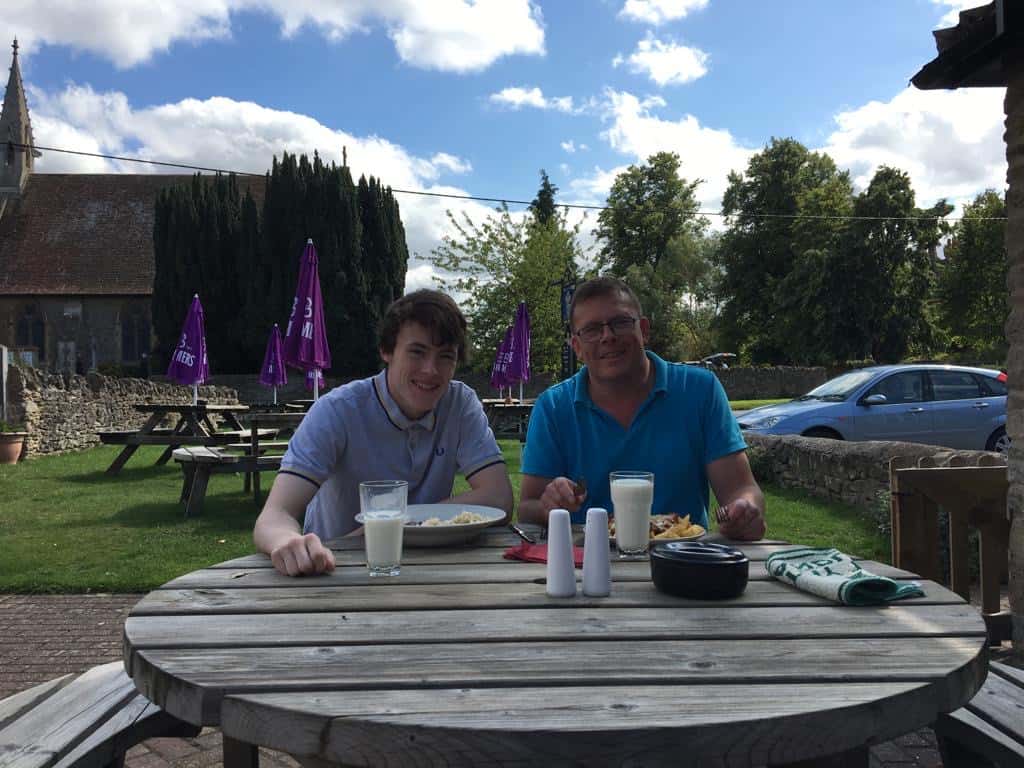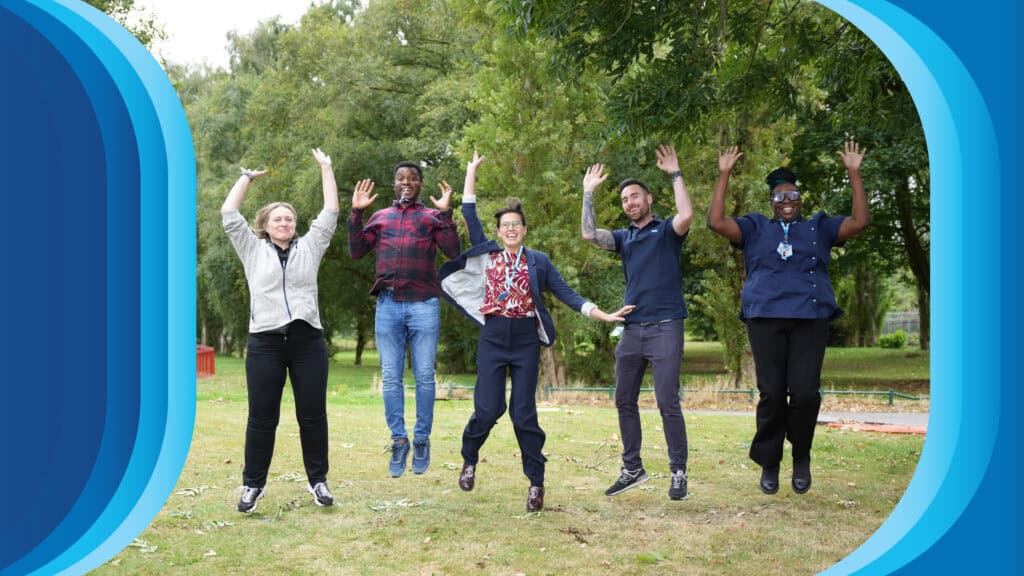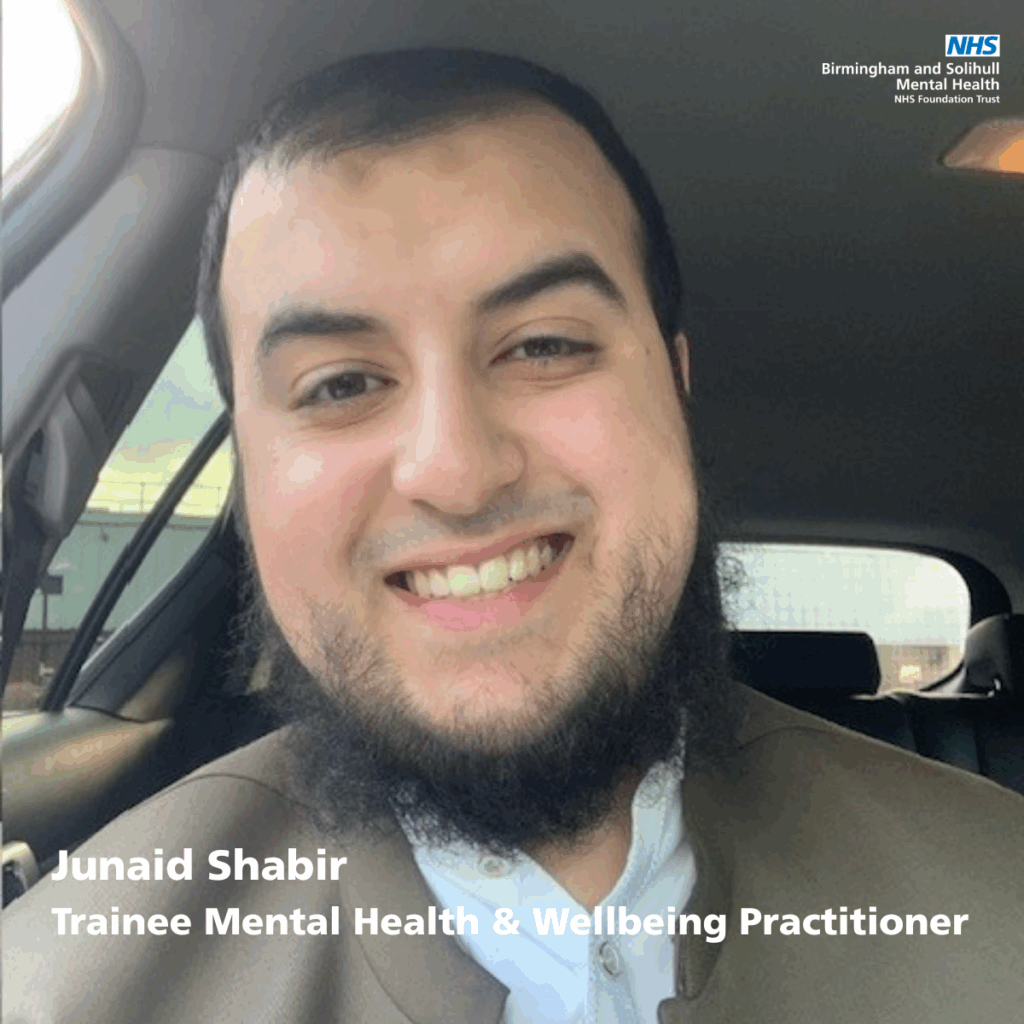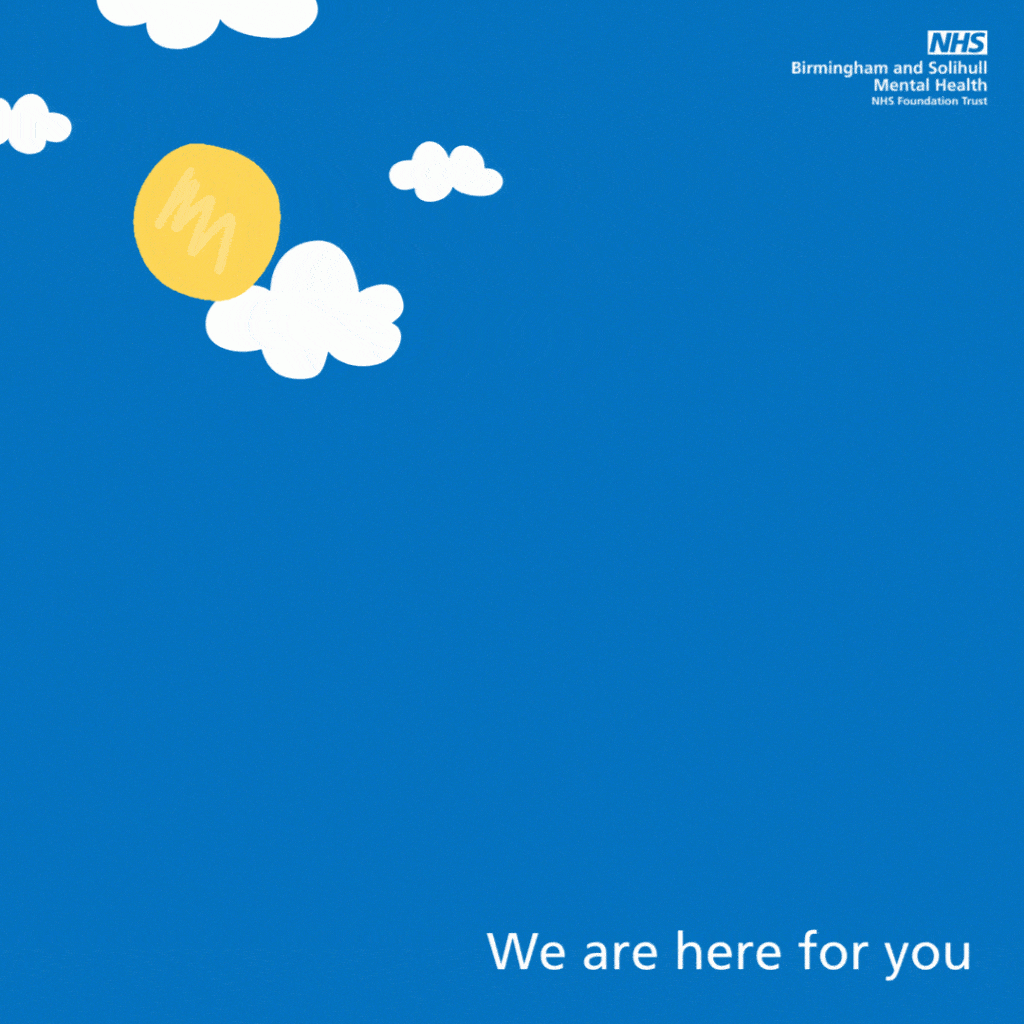This Men’s Mental Health Month, we want to address the challenges often faced by men when it comes to speaking out about their mental health.
Mental health problems do not discriminate, they can affect anyone, regardless of gender. If you’re looking for help, it’s okay to not be okay. It’s a sign of strength to reach out for help and talk about your mental health.
Today, we are sharing an account from Tim Hamilton, Associate Director of Communications. Despite establishing an impressive career communicating for a living, even Tim admits that he too can find it difficult to have open conversations when he is going through a tough time. Read his story and how he looks after his mental health and wellbeing below.
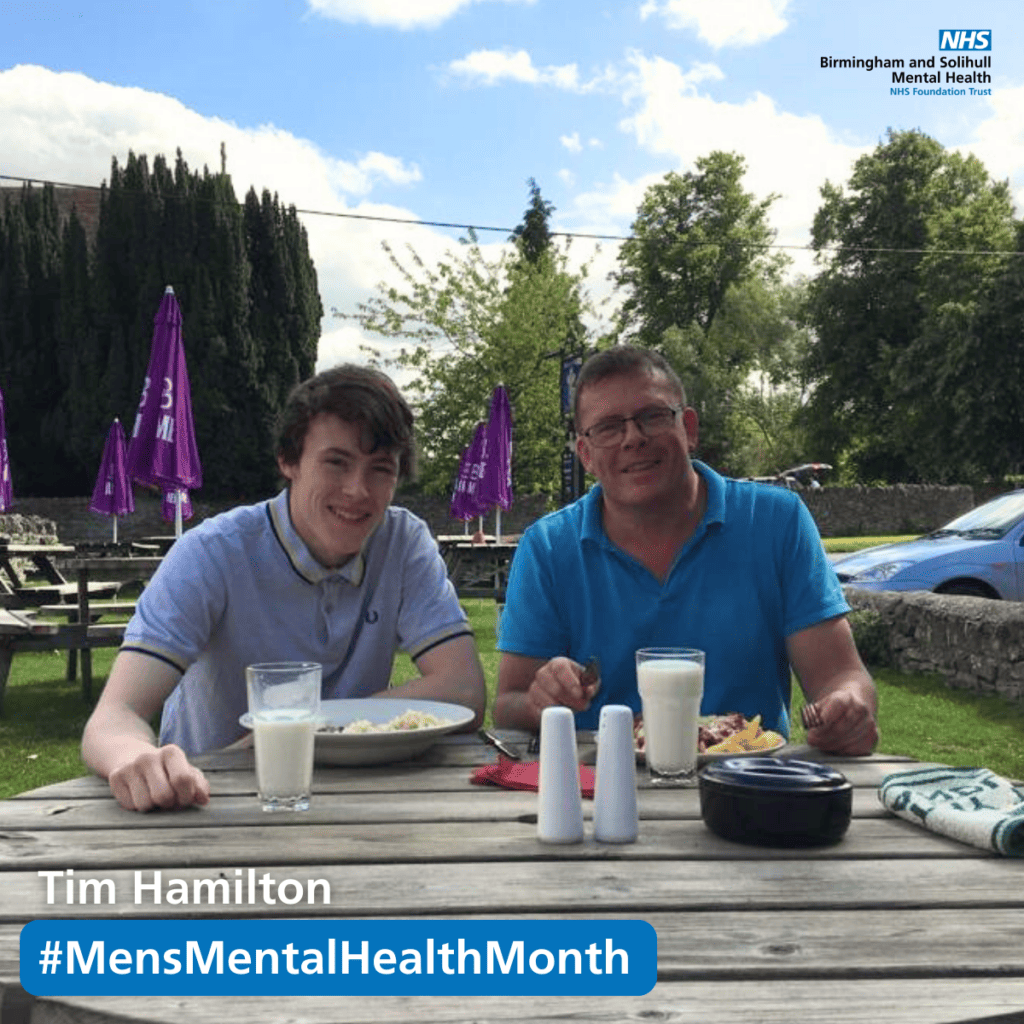
“I feel I’m very fortunate in that I have never been diagnosed with mental health issues, but like most people, I have had some difficult times in my life and, like most men I have bottled things up or locked them in boxes in my head until I am ready to open them. When I was younger, I played a lot of sport, particularly rugby. I believe that has always helped me manage my emotions or picked me up when I am down. The social side of rugby – having beers in the clubhouse, singsongs, bantering with your teammates – were always things that gave me joy and the friendships I made through rugby have been lifelong ones and supportive ones.
At particularly low times in my life – such as losing my parents – I have bottled things up in the immediate dealing with the events, arranging funerals, being strong for everyone else and getting the necessary things done. Afterwards, on my own, I then deal with them.
When I have felt down like this, I visit places that hold a special place in my heart from childhood such as Inch Island, Benone Beach, Mussenden Temple or the viewing point at the top of Binevenagh. I’d reflect whilst in these places and get whatever crying I need to do done then and move on feeling less burdened.
I also have a very close relationship with my son born of the fact that his mother and I broke up when he was only three. All the time I spent with him was very much him and I time and now that he is older and has a child of his own, we are more like close friends than father and son. We share the same sense of humour and time with him is easy and therapeutic for me. I find I don’t have to think about what I am saying to him as he totally understands me and I him. I always leave his company feeling relaxed and refreshed and getting a hug from him and “I love you Dad” is the most fulfilling feeling in the world.
I have several friends whose company is similarly therapeutic and a couple of beers with any of them on a Friday evening coupled with a couple of hours and chatting what most people would term “nonsense” tends to be a great de-stressor for me.
I grew up in a family where saying “I love you” often was the norm and, as I grow older, I realise that has helped me be someone who can express my emotions and be honest with myself about how I am feeling. I also have realised that talking about how you feel and discussing traumatic times with friends is very liberating. I witnessed first-hand the aftermath of some awful atrocities in Northern Ireland in my late teens and early twenties and hadn’t ever appreciated how deeply they had affected me until recent years when I spoke about them to a close Irish friend. My voice broke as I was talking but I made myself keep talking and let myself cry. Doing so left me feeling almost “cleansed” of those awful memories once and for all.
“Overall, I find it easy to be happy in my own head and find humour in most things, even when dealing with difficult situations. A beer with a friend or a nice, long walk on a beach or in the countryside can cure most sad thoughts and keep me happy.”
Don’t feel like you have to suffer in silence, there is always someone to listen to you.
If you’re struggling, please call us on 0121 262 3555.
Published: 8 November 2023


